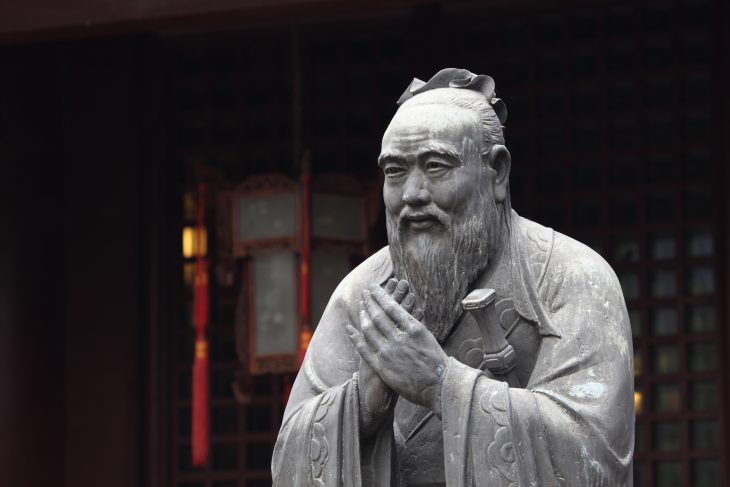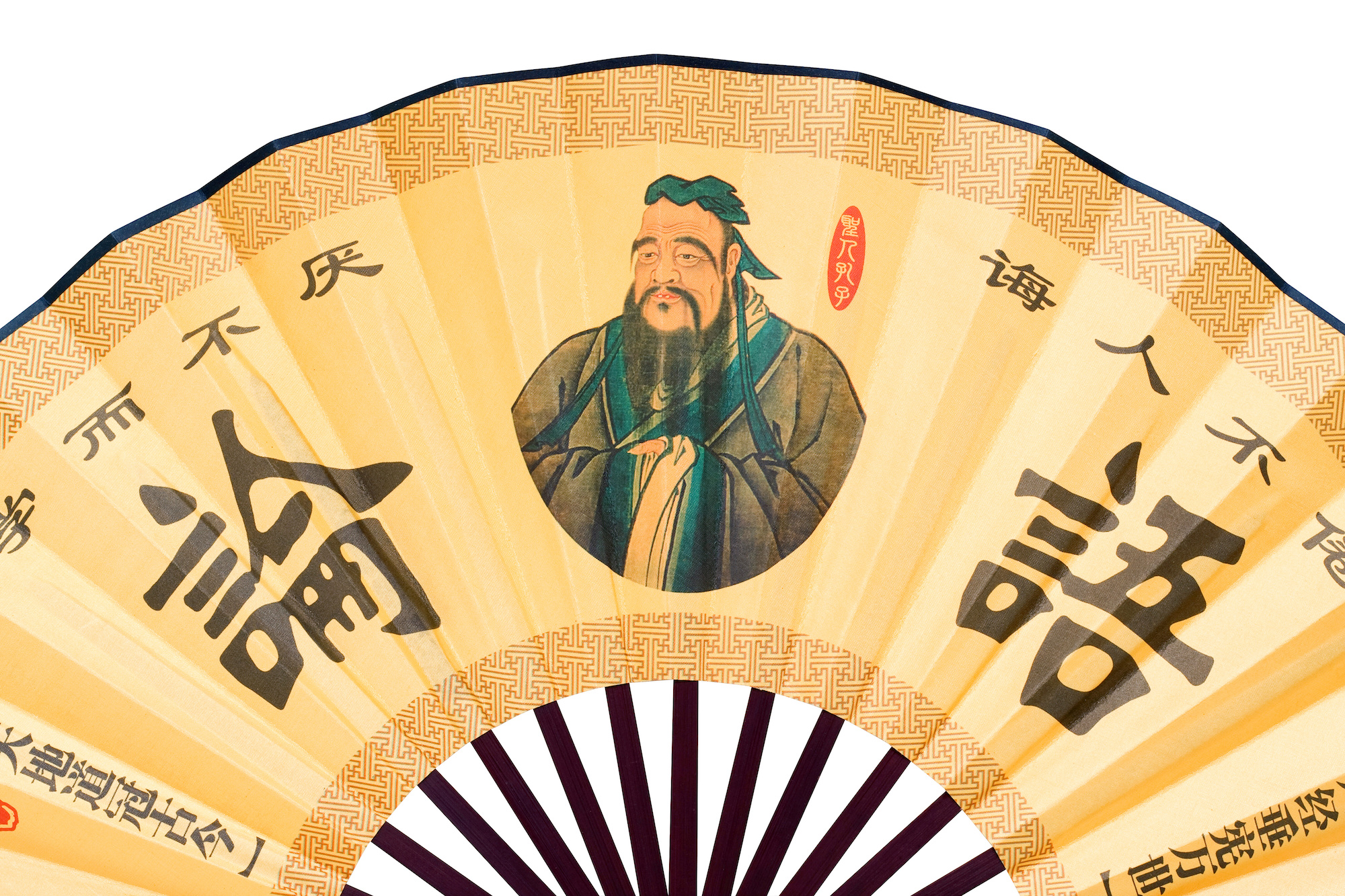
Confucianism is a profound philosophical and ethical system that has shaped the culture and values of East Asian societies for centuries. With its emphasis on social harmony, respect for elders, and moral integrity, Confucianism continues to exert a powerful influence today. In this article, we will delve into 11 fascinating facts about Confucianism that shed light on its origins, beliefs, and impact on society.
Ancient Origins
Confucianism originated in ancient China during the 5th century BCE and was developed by the renowned philosopher Confucius. Also known as Kong Qiu, Confucius laid the foundation for this philosophy, which became a guiding principle for personal conduct, family relationships, and governance.
The Analects
The Analects, a compilation of Confucius’ teachings and ideas, serves as the primary source for understanding Confucianism. It is a collection of conversations and discussions between Confucius and his disciples, offering valuable insights into various aspects of life and moral conduct.
The Five Constant Virtues
Confucianism revolves around the Five Constant Virtues, which are benevolence, righteousness, propriety, wisdom, and faithfulness. These virtues form the core principles guiding personal and social behavior, emphasizing the importance of moral cultivation and virtuous actions.
Filial Piety
Filial piety, an integral part of Confucian teachings, emphasizes the respect and devotion children should have for their parents and ancestors. It emphasizes the role of the family as the foundation of society and promotes harmonious relationships between generations.
The Rectification of Names
Confucius emphasized the significance of proper naming and the use of accurate language. The Rectification of Names refers to the idea that when names are used correctly and in accordance with their meanings, society can function harmoniously, ensuring clear communication and understanding.
The Importance of Education
Education holds a paramount position in Confucianism. Confucius believed in the transformative power of education and stressed the cultivation of virtues through learning. Education, according to Confucius, equips individuals with the knowledge and moral values needed to fulfill their roles in society.
Meritocracy and Social Mobility
Confucianism promotes the idea of a merit-based society, where individuals are rewarded based on their abilities and virtuous conduct rather than social status or wealth. This principle allows for social mobility and offers opportunities for personal and professional growth to those who strive for excellence.
Influence on East Asian Cultures
Confucianism has had a profound impact on East Asian cultures, particularly in China, Korea, Japan, and Vietnam. Its principles of respect, harmony, and hierarchical relationships have shaped social norms, family values, and political systems in these countries, influencing various aspects of daily life.

The Yin-Yang Concept
Confucianism incorporates the Yin-Yang concept from Chinese philosophy. Yin represents the feminine, passive, and dark aspects, while Yang symbolizes the masculine, active, and light aspects. The balance between Yin and Yang is vital for maintaining harmony and equilibrium in all aspects of life.
The Golden Rule
Confucius advocated the Golden Rule, which states, “Do not do to others what you would not want done to yourself.” This principle promotes empathy, kindness, and ethical behavior, encouraging individuals to treat others with fairness, respect, and compassion.
Confucianism’s Modern Relevance
Despite being an ancient philosophy, Confucianism remains relevant in the modern world. Its emphasis on moral values, social harmony, and respect for authority continues to influence East Asian societies and serves as a source of inspiration for individuals seeking personal growth and ethical guidance.
Confucianism continues to intrigue scholars and individuals worldwide, offering profound insights into human nature, ethics, and societal harmony. By exploring these fun facts, we gain a deeper understanding of the rich cultural heritage and enduring wisdom embedded in this ancient philosophy.
Frequently Asked Questions (FAQs)
How does Confucianism compare to other major religions?
Confucianism is often classified as a philosophical and ethical system rather than a religion. While it shares some similarities with religions like Buddhism and Taoism, Confucianism places greater emphasis on social relationships, moral conduct, and ethical values rather than theological concepts.
Are there any Confucian rituals or ceremonies?
Confucianism does include rituals and ceremonies that mark significant life events, such as weddings, funerals, and ancestral worship. These rituals are designed to reinforce family bonds, honor ancestors, and maintain social harmony.
Has Confucianism spread beyond East Asia?
Confucianism has primarily influenced East Asian countries such as China, Korea, Japan, and Vietnam. However, in recent years, its principles have gained attention globally as scholars and individuals recognize its potential contributions to ethics, governance, and interpersonal relationships.
Can one practice Confucianism alongside other religions?
Yes, it is possible to practice Confucianism alongside other religions. Confucianism’s focus on ethical conduct and social harmony allows individuals to integrate its principles into their daily lives, regardless of their religious beliefs.
How has Confucianism adapted to the modern world?
Confucianism has adapted to the modern world by addressing contemporary issues and promoting its core values in a relevant context. Scholars and practitioners have explored ways to apply Confucian teachings to areas such as education, business ethics, and governance, ensuring its continued relevance in today’s society.
Was this page helpful?
Our commitment to delivering trustworthy and engaging content is at the heart of what we do. Each fact on our site is contributed by real users like you, bringing a wealth of diverse insights and information. To ensure the highest standards of accuracy and reliability, our dedicated editors meticulously review each submission. This process guarantees that the facts we share are not only fascinating but also credible. Trust in our commitment to quality and authenticity as you explore and learn with us.
